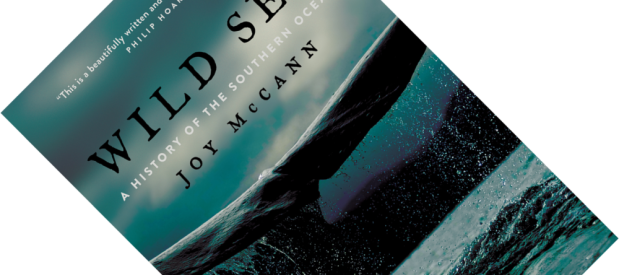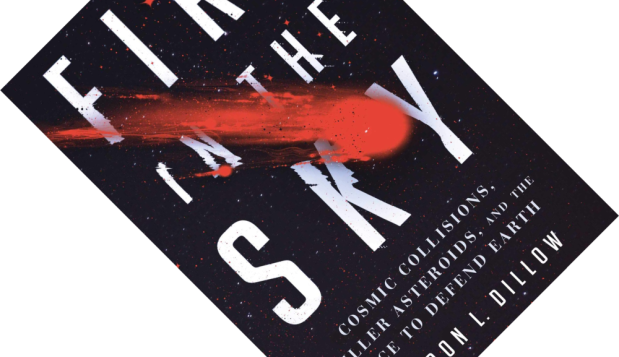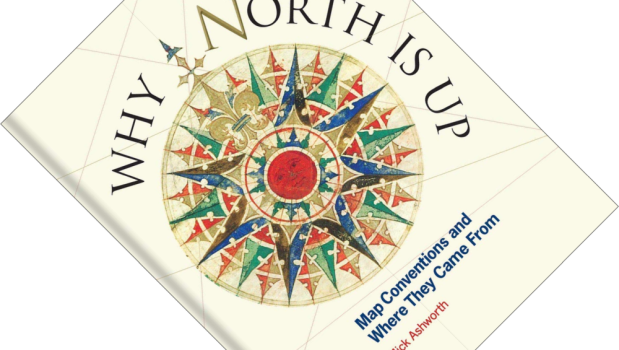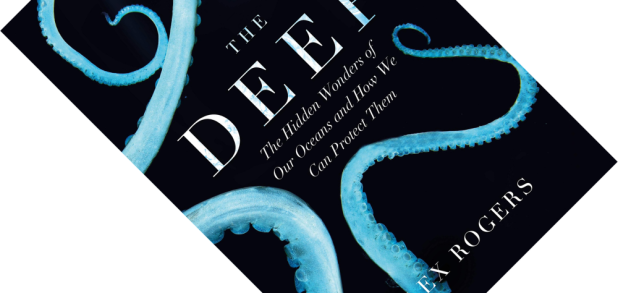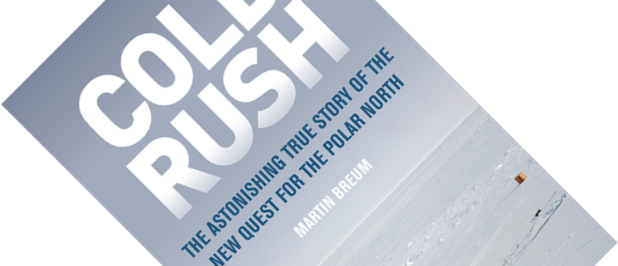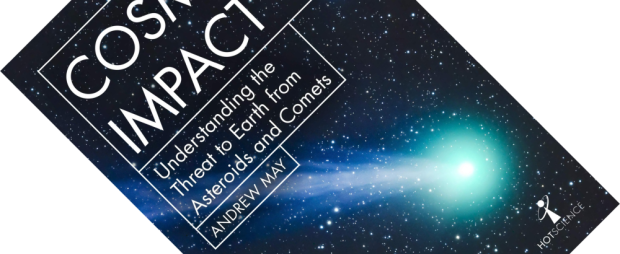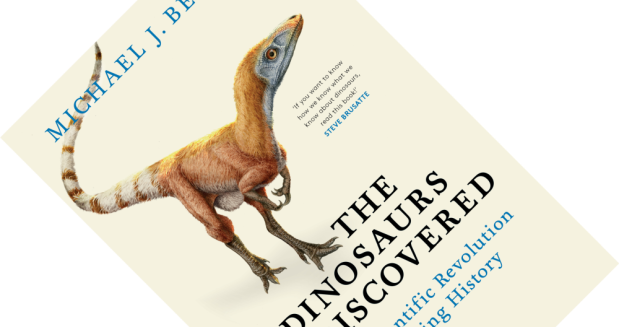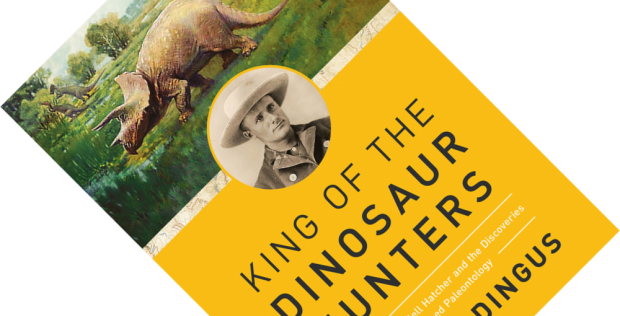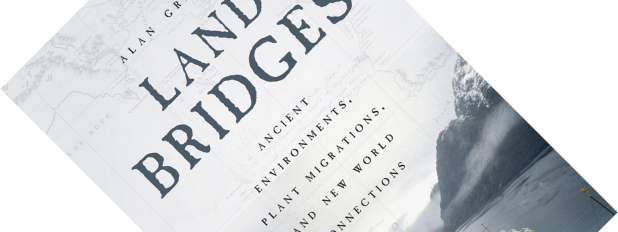2-minute read
Let me first welcome all my readers to 2020. Casting my gaze back over last year, 2019 was an exceptionally productive year where I managed to read and review 107 books. Although I fully intend to bring you many more book reviews this year, I am not sure whether I will match that output again.
For those who do not feel like trawling through that many reviews, here is my personal top 5 of the most impactful, most beautiful and most thought-provoking books I read during 2019.

